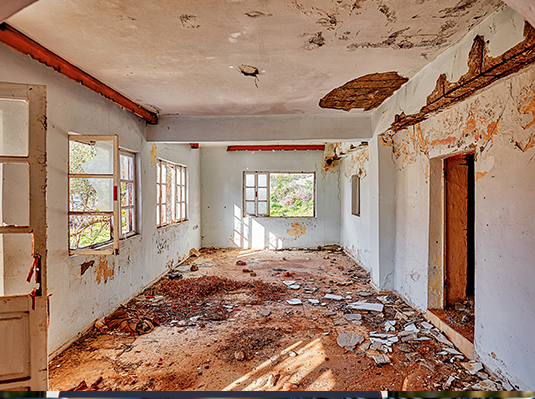
By harnessing the power of the sun, you can significantly reduce your energy bills and your carbon footprint. Installing a solar system is a significant investment and protecting that investment with the right insurance policy is critical. Homeowners must ensure that their insurance provider accurately covers all aspects of their solar panel system. By doing their due diligence and choosing a solar-friendly insurance provider, homeowners can rest assured that their solar investment is well-protected. Let’s walk you through some key factors to consider and provide actionable advice to help you stay protected.
Confirm With Your Current Carrier They Offer Coverage: While adding solar panels can increase the value of your home and save you some money, it's important to make sure your insurance policy covers any damage to the panels or related equipment. Some insurance companies will not accept homes with solar panels at all, so if your current provider happens to be one of them, you will need to find insurance elsewhere. Of the companies that will accept these risks, some will include coverage for solar panels as they would with any other portion of the home, but others may require additional endorsements to be added.
Size and Type of System: The size and type of solar panel system you choose can affect your insurance coverage in a few different ways. Larger systems may result in higher premiums from insurance companies since they are deemed as a higher risk for potential damage or theft. Additionally, certain types of systems with battery storage may present new fire and safety risks and, consequently, affect your coverage.
Age and Condition of Your Home: Your home's age and condition may play a role in determining how much coverage you need for a solar panel installation. If your home is already in need of major repairs or has a history of damage, you may need additional coverage to protect your investment. Furthermore, older homes may require more upgrades to meet local building codes and regulations, increasing the overall cost of the project and affecting your insurance premiums.
Local Building Codes and Regulations: Regulations for solar panel installation differ from area to area. You need to consider local building codes and regulations to ensure safety and prevent legal problems that might arise. Failure to comply with these rules could result in serious safety hazards or future home insurance claims. Make sure to consult with a licensed solar installer or check with your local building department to ensure compliance with all local regulations.
Safety Features and Certifications: Ensuring that your solar panel system meets all necessary safety standards and certifications is essential to protect yourself and your family. Moreover, it may also impact your insurance coverage. Many insurance companies offer discounts for homes with approved safety features. Therefore, discuss these options with your agent to take advantage of any available discounts and ensure that your solar panel installation is safe for your family.
As a homeowner, deciding to go solar is a smart investment in your home that will not only save you money on energy bills but also help reduce your carbon footprint. However, before you make the switch, it's important to talk to a trusted insurance agent about the right coverage for your newly solar-equipped home. A good insurance policy will protect your investment and give you peace of mind knowing that you're covered in the event of unexpected damages or destruction. Your insurance agent will be able to guide you through the process of determining the right amount of coverage you need, so make sure to have a conversation with them before you go solar.
The contents of this article are for informational purposes only. You should not act or refrain from acting based on this information without first consulting a Goosehead licensed agent at [email protected]. We disclaim all liability for actions taken or not taken by you based on the contents of this article which is provided "as is." Goosehead makes no representation that this content is error-free.


